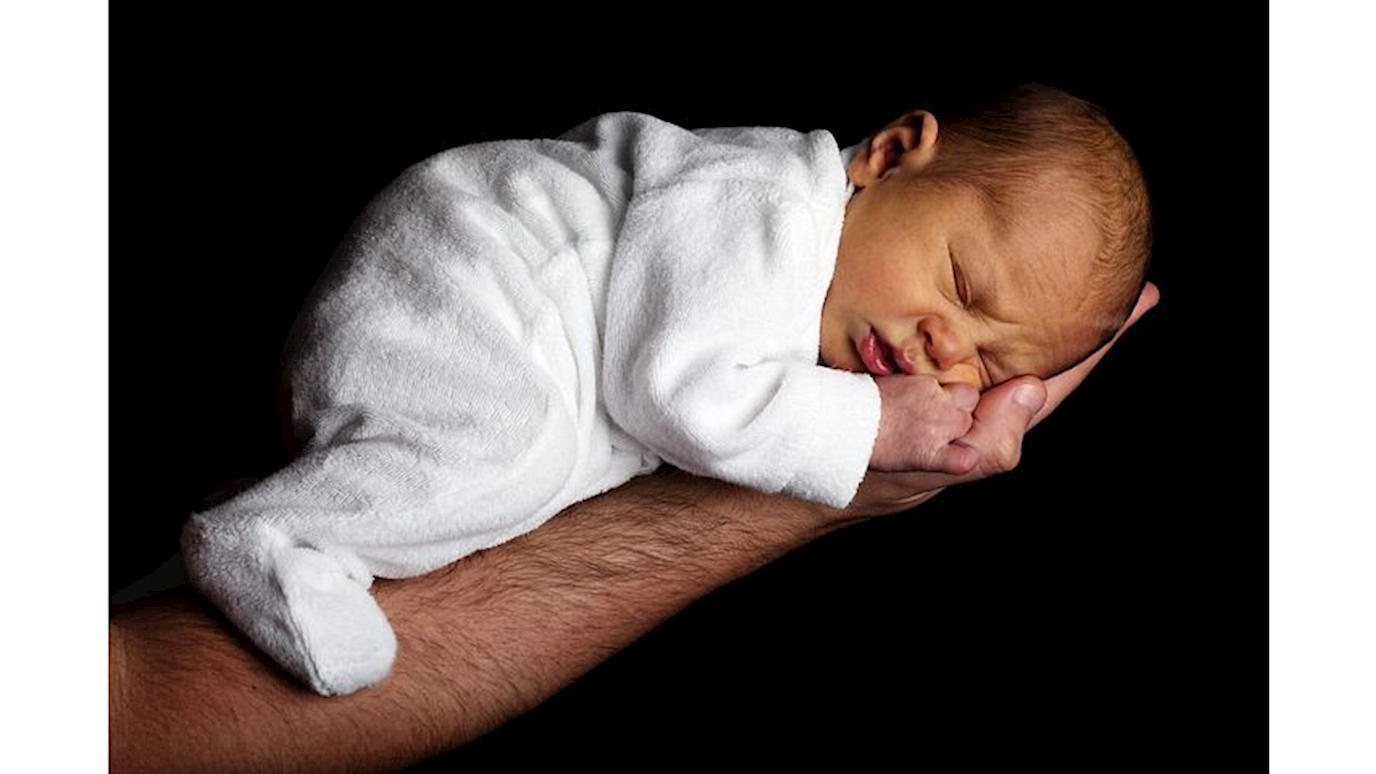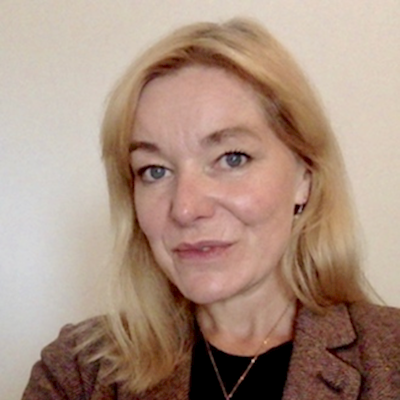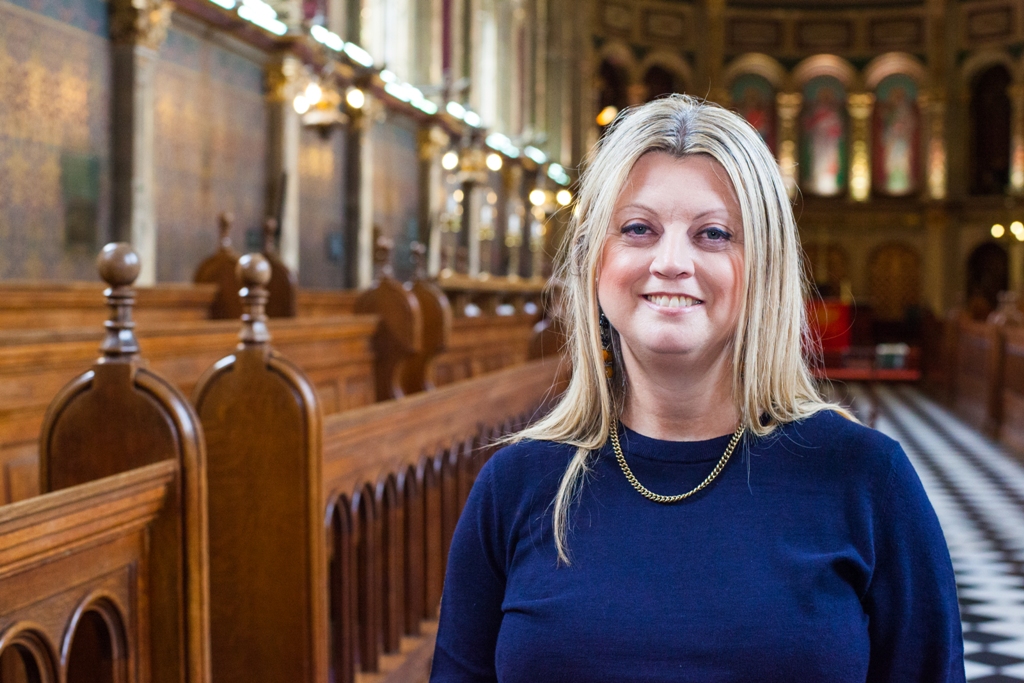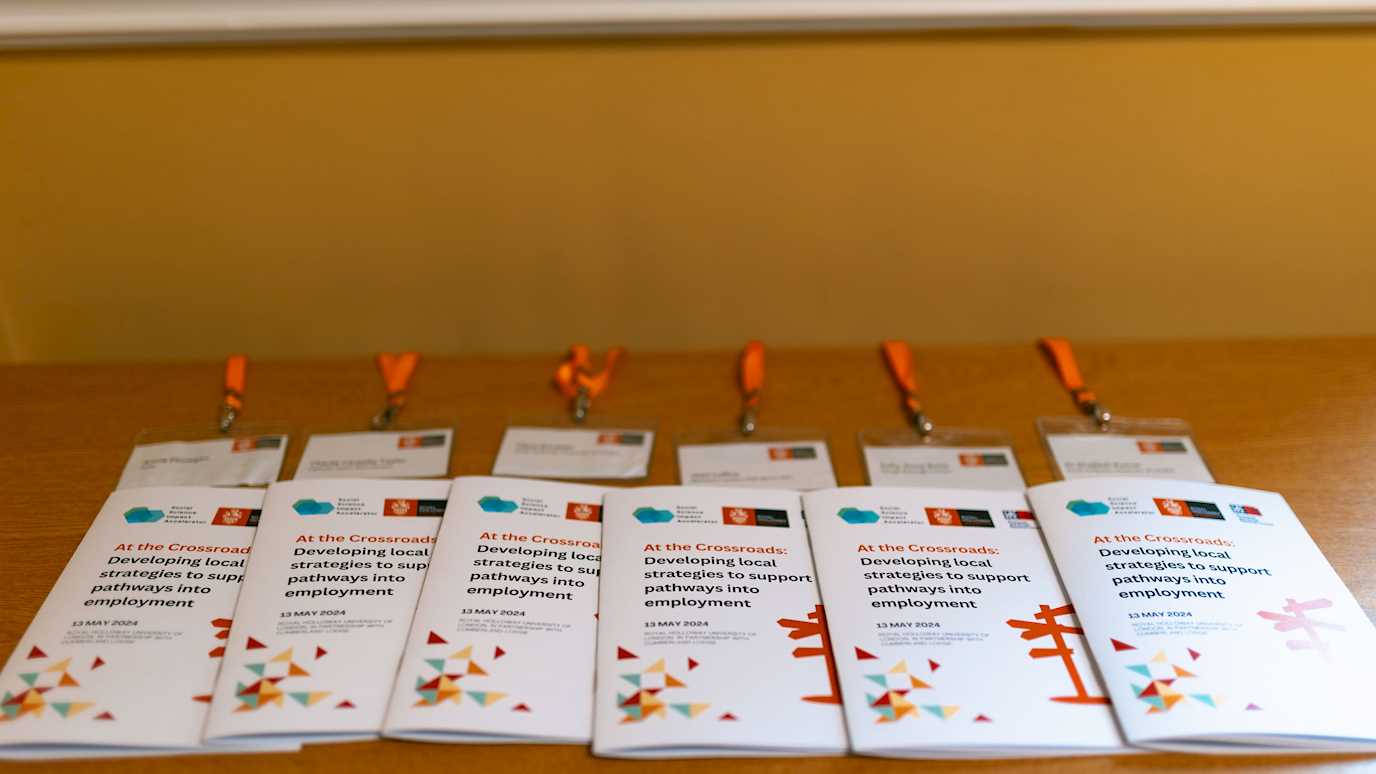In 2019, Professor Rita D’Alton-Harrison and Dr Michael Wells-Greco took part in the consultation process launched by the Law Commission of England and Wales and the Scottish Law Commission to consider recommendations for reform of the law on surrogacy. The final report was published on 28th March 2023.

The Law Commission of England and Wales and the Scottish Law Commission (‘the Commissions’) published their final report as part of their Surrogacy Reform Project. The Commissions made recommendations for sweeping changes to the current law on surrogacy to ensure that domestic surrogacy arrangements become much more regulated and that this occurs before the birth of the child. The recommendations also include oversight of surrogacy arrangements by a new Surrogacy Regulatory Organisation.
Surrogacy is an arrangement involving a surrogate who agrees to carry a child for an intended parent or parents. Such arrangements are lawful in England and Wales, but currently the courts only become involved after the child is born. The courts role is to consider applications by intended parents to transfer legal parentage to them through a parental order. The surrogate is currently the legal mother at birth. This position is set to change as a result of the recommendations made by the Commissions in their final report “Building Families Through Surrogacy: a new law”. The Commission have also published a draft bill to accompany this report. The bill (if it becomes law) would see intended parents becoming the legal parents from the birth of the child. However, the surrogate would retain the current right to withdraw her consent to the transfer of legal parentage either pre-birth or up to six weeks after the birth of the child. The bill proposes a new fast-track pathway for parentage whereby undergoing pre-birth checks (as overseen by a Surrogacy Regulation Organisation) would allow intended parents to be issued with a surrogate statement to proceed with the surrogacy arrangements. Such arrangements will however remain unenforceable in law. Whilst Rita and Michael did not agree with all the initial recommendations made by the Law Commissions’ in their first draft report in 2019, the new recommendations are a streamlined version of the original proposals set out in the 2019 consultation paper. Both Rita and Michael agree that the new proposals are to be welcomed as they arguably offer much needed protection for both the surrogate and the intended parents. Progress has been made in terms of removing uncertainty for children through the recognition of domicile, residence and identity and clarifying the nature of the reasonable expenses that can be paid to a surrogate. However, Rita observes that whilst extra protections such as pre-birth screening of intended parents, criminal record and medical checks together with counselling and an assessment of the welfare of the child are all to be welcomed, the proposals do not go far enough. This is because only introducing these extra safeguards into domestic surrogacy arrangements rather than those conducted abroad means that problems will continue to exist.
Michael argues that: "The proposals make no significant changes to the current law with respect to international surrogacy arrangements. While there are some recommendations for intended fathers to be recognised as the legal father for British nationality purposes if the surrogate is married, and welcome recommendations for improving the speed of existing immigration purposes, the conclusion is to retain a parental order court process to establish legal parentage. Now, the ball is in the Government’s court to consider if these recommendations should become law".
You can find a copy of the full report here.
You can find a copy of the draft bill here.
For Rita’s comments see the full report at paragraphs 4.183, 6.133, 7.15, 8.214, 11.18, 11.42, 14.45, 15.70 and 16.242
For Michael’s comments see the full report at paragraphs 4.147, 4.153, 6.177, 8.203 and 10.103.
























